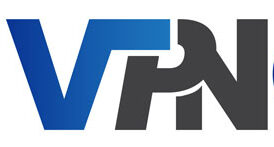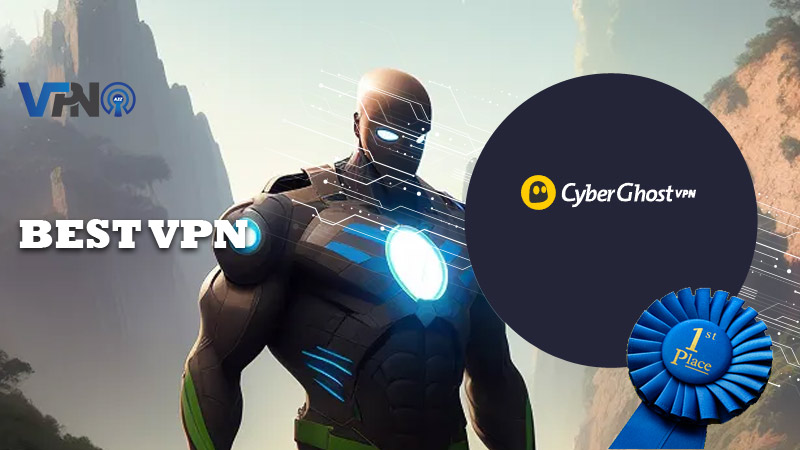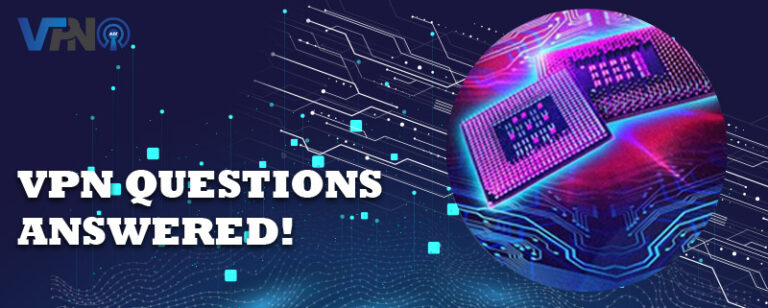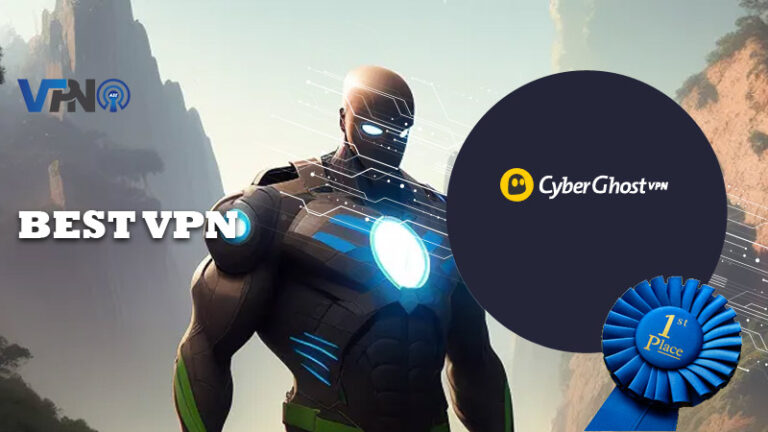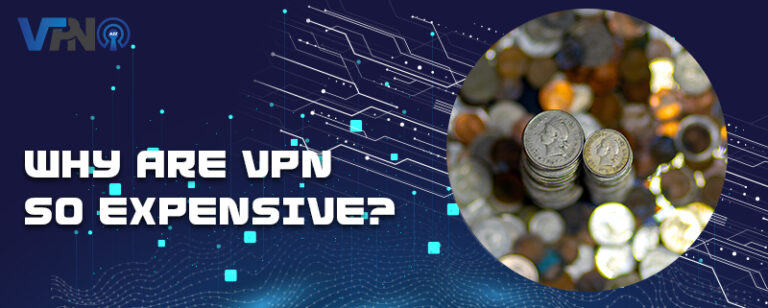How VPN Works For Work From Home
When you need to work remotely, your VPN is an essential tool. It creates an encrypted connection between your device and a remote server, which protects your data from being spied on, spoofs your location, and prevents your internet service provider from limiting your bandwidth. The article below discusses the benefits of using a VPN for work from home. It also explains how it works to make your remote work more secure.

2. PIA - Ton of servers world wide, but especially great in United States.***

3. NordVPN - The bigger the better! A great choice everywhere!***

4. ExpressVPN - Trusted by millions in over 180 countries!***

5. SurfShark - Amazing deal right now!***

6. PrivadoVPN - Exclusive deal - Cheapest 1 year deal online - ONLY through this link***

*** Offers money-back guarantee. So try them risk free!
VPN creates an encrypted connection between your device and a remote server
If you want to be able to work from home with security and peace of mind, you should invest in a VPN. VPNs create an encrypted connection between your device and a remote server. The connection is secured by certificates and login credentials. You can also access a remote server directly from the VPN client software, which eliminates the need to go through the entire network.
While VPNs are beneficial for businesses, they can also be useful for individuals at home. A VPN can be extremely useful in ensuring personal data remains private. A VPN can help protect sensitive information and prevent hackers from accessing it. It creates an encrypted connection between your device and a remote server and is also designed to keep your IP address private. This ensures that no one else can intercept your personal information.
A VPN also protects you from hacking and cybercrime. Even though your ISP might seem trustworthy, it is possible for them to be hacked. If your ISP is hacked, your personal data will be exposed to cyber criminals. This is especially true of public Wi-Fi. You should be cautious when using it, as hackers can easily steal your personal data, including your passwords and payment details. A hacked account could even steal your identity.
Another use for a VPN is for businesses that have multiple offices. If you have employees who work outside the office, you might need to give them access to the company’s computer network without exposing yourself to the risks of hackers. Using a VPN is a must for companies that want to protect their assets and data. These reasons alone can make a VPN an excellent choice for work from home professionals.
A VPN allows you to work from home without being tracked or observed. With a VPN, you can access work-related files and websites, while also protecting yourself from identity theft. A VPN also allows you to access files that are geo-blocked. The advantages of a VPN for work from home are many. In addition to helping you stay safe online, it also protects your privacy.
It spoofs your location
A VPN is a great way to hide your IP address while working from home. However, you must keep in mind that websites and apps can determine your real location even when you’re using a VPN. For example, some apps require you to be in the same country as the one they’re trying to access. A VPN will block this from happening. You should check the permissions you grant a website to track your location and delete them if you don’t need them.
Another great benefit of using a VPN is its ability to access geo-restricted content. This may include websites and streaming services in countries where there are censorship laws. By connecting to a server in another country, you can view these resources without worrying about your IP location. You’ll also be able to avoid annoying online services and stop hackers from tracking you. You’ll be able to work from home in a safer manner, as your real location will be hidden.
Another benefit of using a VPN to hide your location is the fact that it will fool websites into believing you’re in another country. This way, you’ll be able to access geo-restricted content without worrying about your real location. While a VPN may not solve every problem, you’ll be able to view content that’s geo-restricted. In some cases, it’s possible to circumvent geo-restrictions by switching browsers or turning off location services. However, some apps won’t work with a VPN spoofing feature. You can try NordVPN, which provides you with an IP address in the location you select. A VPN will protect your data, so you’re sure to be anonymous.
For iOS devices, Protect My Privacy is a great way to hide your location from employers. It can be downloaded from Cydia, the mobile package manager for jailbroken iPhones. Using this app, you simply drop a pin on the fake location you’d like to be, and then connect to your VPN in the same area to hide your real location. Once you’ve done that, you’ll no longer be able to tell which network you’re on.
It protects your data from snooping
A VPN provides stronger security than a standard web browser, ensuring that only you can view the data that reaches a website. It also prevents Wi-Fi spying, so you can use public hotspots without worrying about your personal information being exposed. Your ISP might not be looking out for your best interests and may use your browsing data to sell to third parties. However, a VPN will ensure that you stay safe from these types of attacks.
The VPN can hide your real IP address, ensuring that your Internet activity cannot be traced back to you. Web browsers and internet service providers track your internet activity and can link your search history to your IP address. VPNs will mask your IP with the server’s IP address, ensuring that the data is not accessible to snoopers. VPNs can also keep your IP address secret by encrypting your data.
Free public Wi-Fi networks are convenient, but they come with a high risk. Hackers can set up fake hotspots that pretend to be legitimate businesses and view your data as it passes through their network. With a VPN, your data is encrypted before leaving your device. This protects your privacy and keeps your identity safe. The VPN also protects your sensitive personal information from being compromised by hackers.
Using a VPN is essential for working from home. Public Wi-Fi is notoriously unsecure, making it a tempting target for hackers. You also want to use a VPN whenever you log into any sensitive accounts, such as online banking or credit cards. This protects your financial data and keeps hackers away from your personal details. The internet is a dangerous place, and a VPN will keep your information safe.
With the advent of the VPN, companies are providing employees with VPN access to work from home. This allows these employees to gain secure access to company servers, which could be important for their work. It can also boost browsing speed and prevent bandwidth throttling. Using a VPN while working from home is important for many reasons. VPNs make remote work easier, safer, and more secure.
It prevents internet service providers from limiting your bandwidth
While you may not have to face the restrictions of a throttling ISP to work from home, you should be aware of the potential problems you could encounter. In some cases, ISPs throttle your bandwidth to prevent you from exceeding a data cap. If you regularly stream or download video content, you should consider VPN services to avoid being throttled. But, how do you get a VPN?
Many ISPs will throttle your bandwidth to control how much you can download. Although this may seem unfair, it is actually legal. Most ISPs will limit your data usage during a billing cycle, and they will reduce the amount of bandwidth if you go over your monthly limit. This is because most of your online activity involves downloading and uploading data, so everything you do and access on the internet consumes a certain portion of the monthly allotment. You can use an Internet-based portal to track your usage and get notified if it goes over your data cap.
Most ISPs throttle heavy users in order to maintain the speed of their service. This is a common way to manage network congestion, and it can cause your connection to slow down significantly. In addition, you might find that your Zoom calls or Slack messages won’t work or file sharing fails. It can be incredibly frustrating. And it’s not just the ISPs that limit bandwidth – most of us have data limits, too. So, it is essential to use a VPN to prevent ISPs from limiting our bandwidth while we work from home.
You can also switch ISPs if you get fed up with a particular ISP’s throttling. Some ISPs compete with each other to gain customers, and you may be able to find a better plan with higher bandwidth caps. If you want to avoid throttling, consider switching to a fiber or DSL broadband service. While the speed of a VPN might be reduced, it is still far better than internet throttling.
Video: Best practices for secure work-from-home
VPN Comparison 2024
| Company | 1 Month | 6 Months | 1 Year | 2 Year | 3 Year | - |
|---|---|---|---|---|---|---|
| CyberGhost | $12,99 | $6,99 | - | $2,19 | - | Visit Website |
| NordVPN | $11,99 | - | $4,99 | $3,69 | - | Visit Website |
| PIA | $11,99 | - | $3,3 | 2024 Deal right now: $2,03 (Doesn't get cheaper!) | $2,03 | Visit Website |
| ExpressVPN | $12,95 | $9,99 | $8,32 | - | - | Visit Website |
| SurfShark | $12,95 | - | $3,99 | $2,49 | - | Visit Website |
| - | - | |||||
| PrivadoVPN | $10,99 | - | $2,50 | $3,99 | - | Visit Website |
